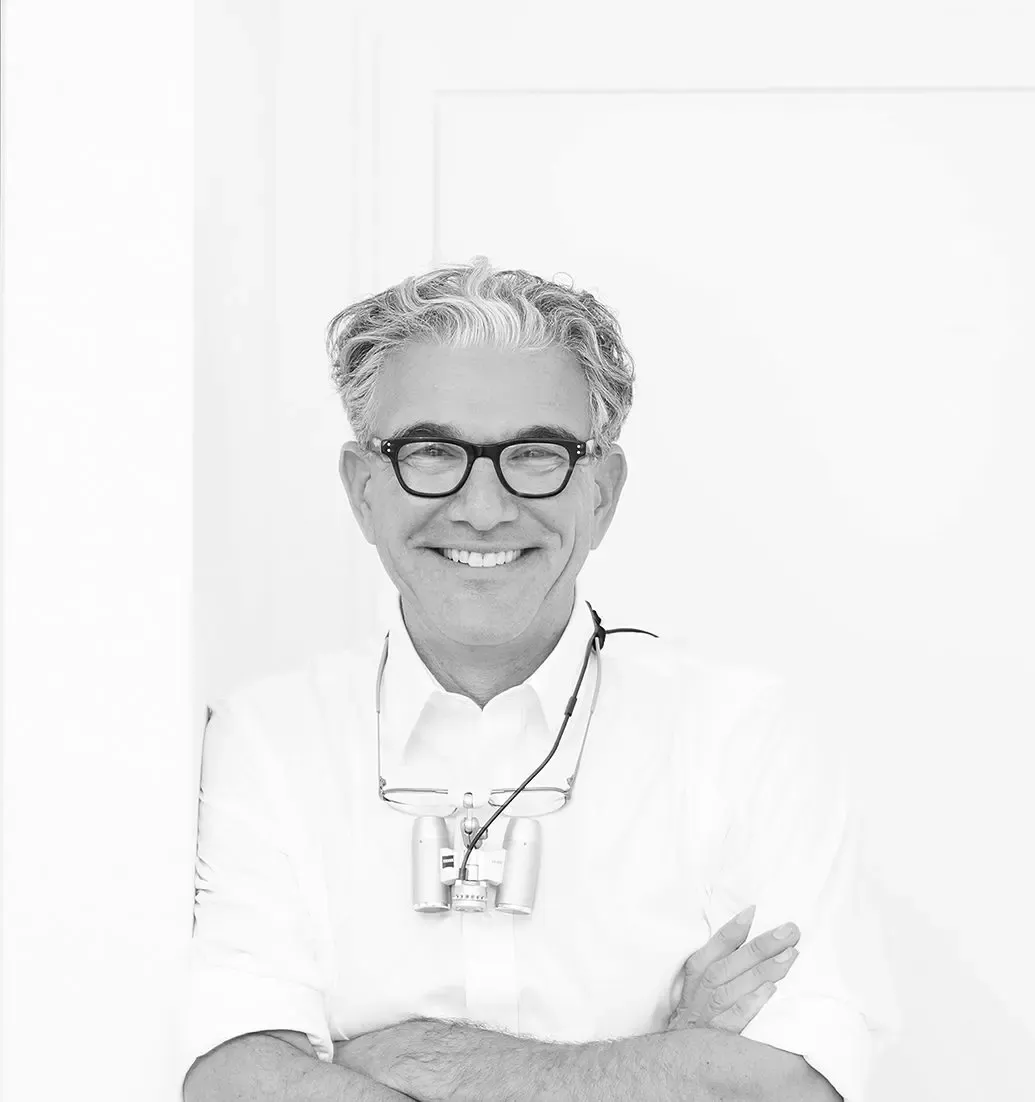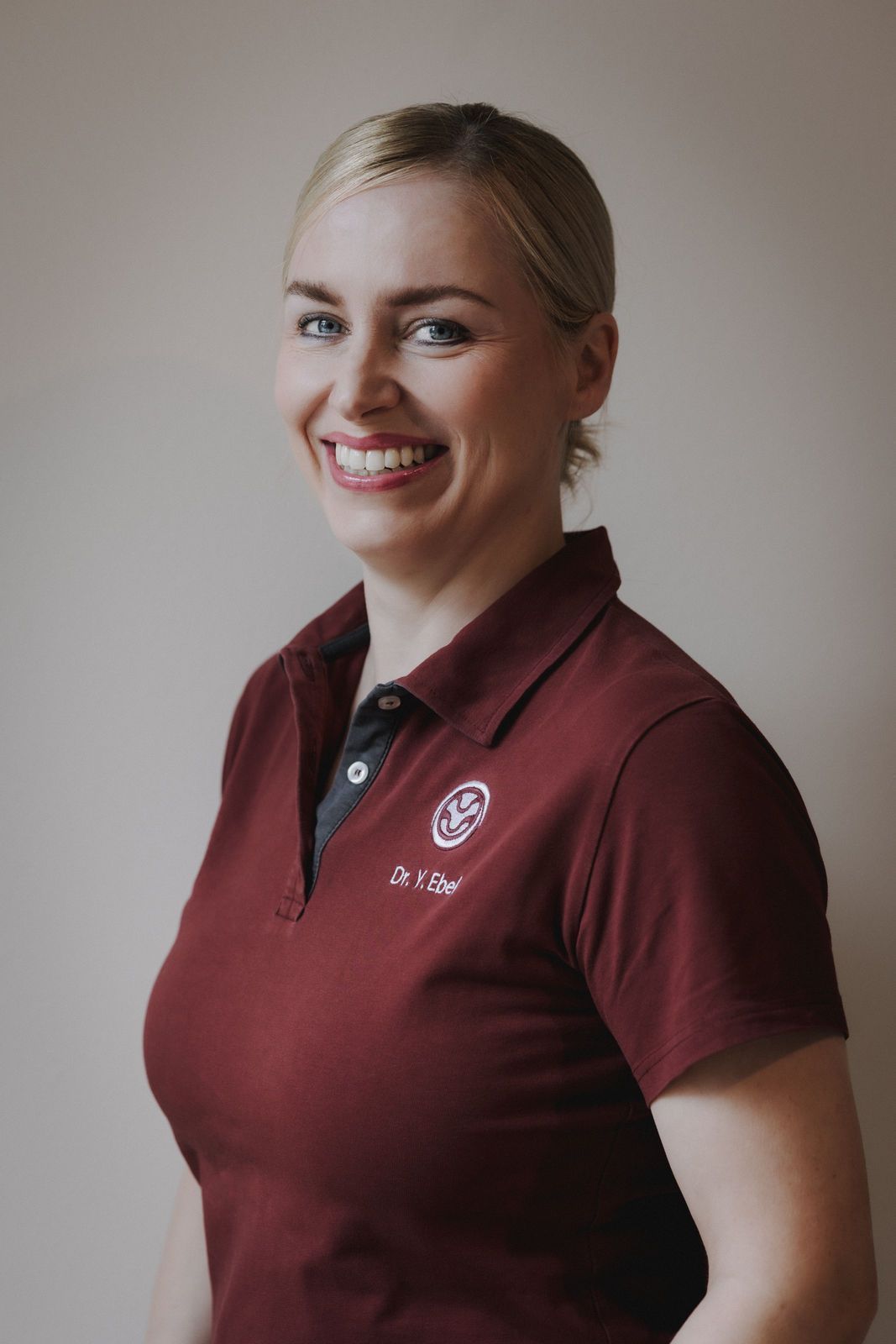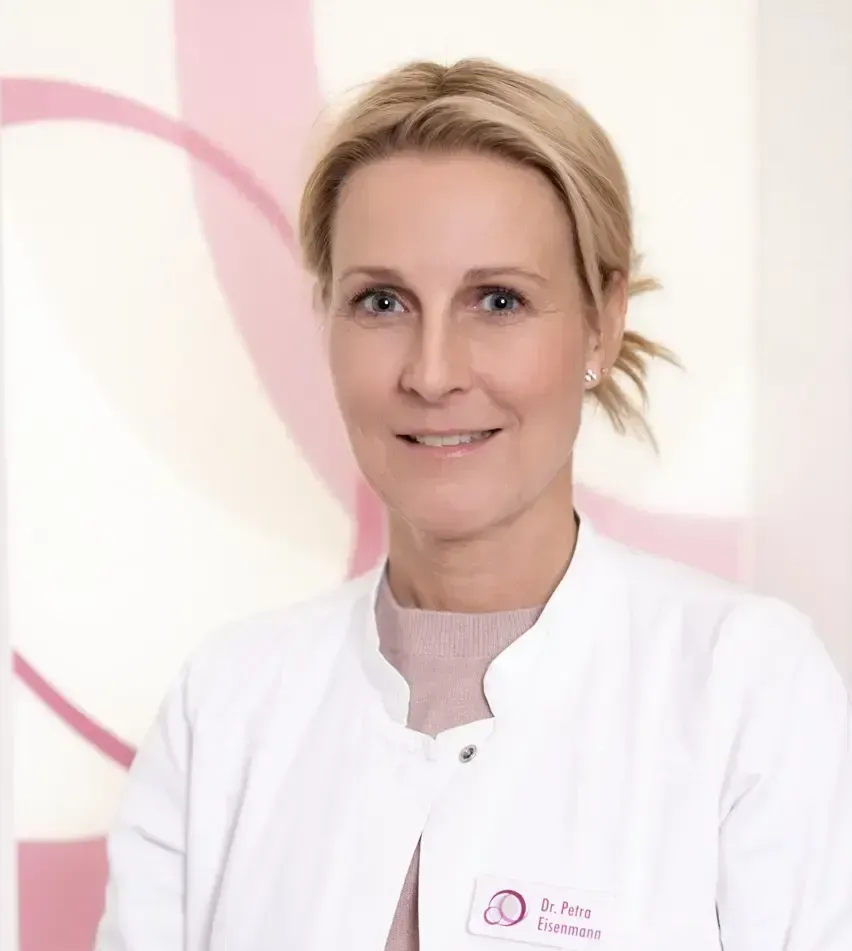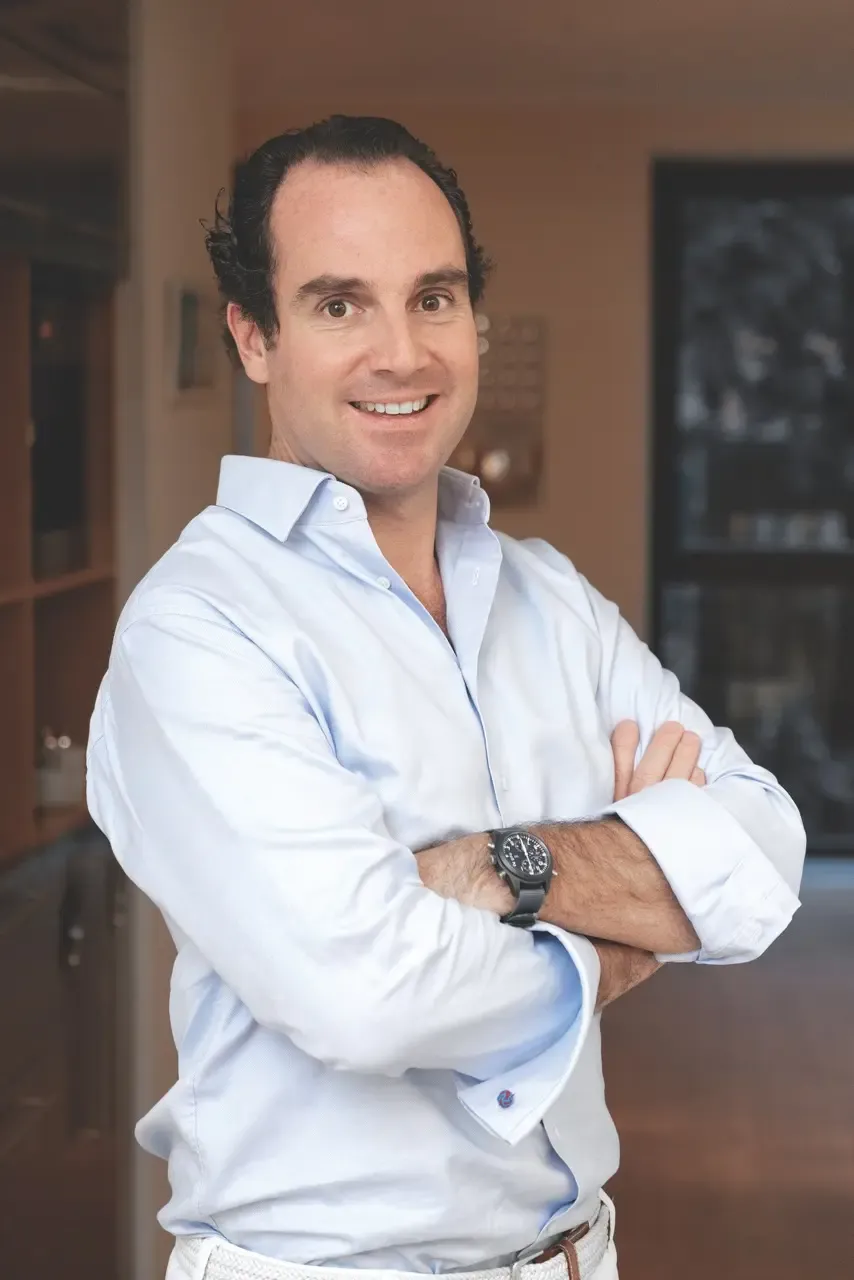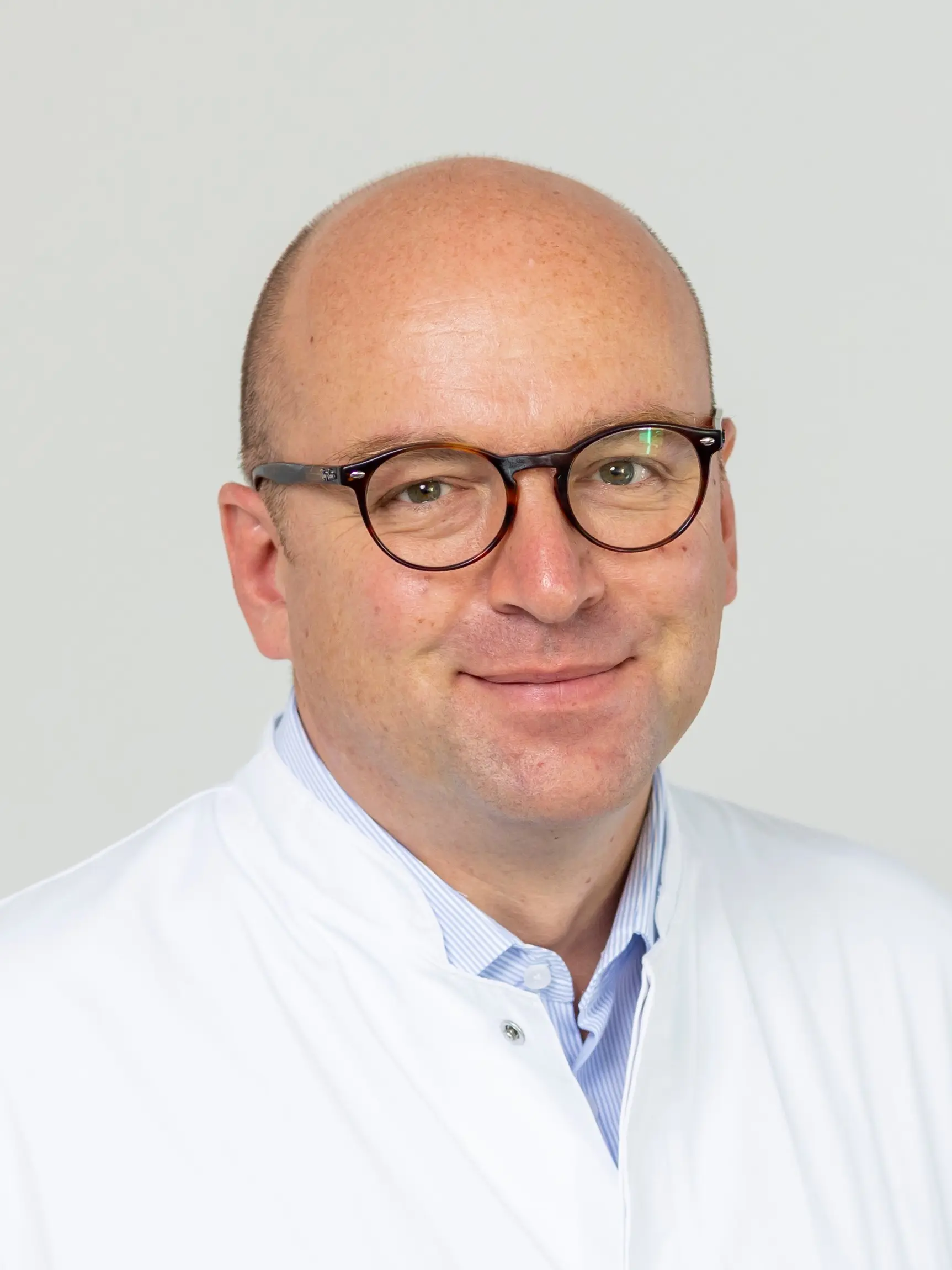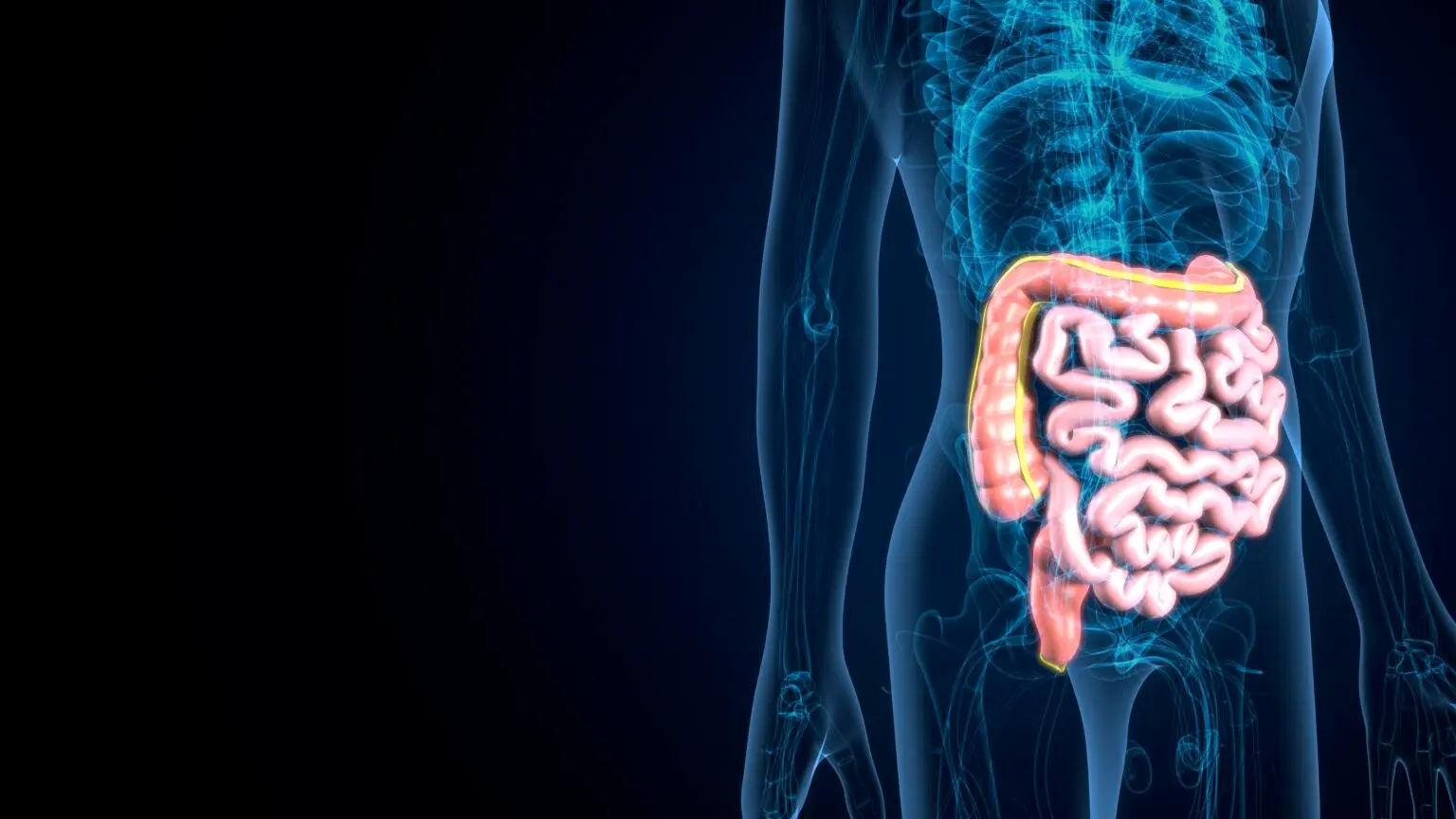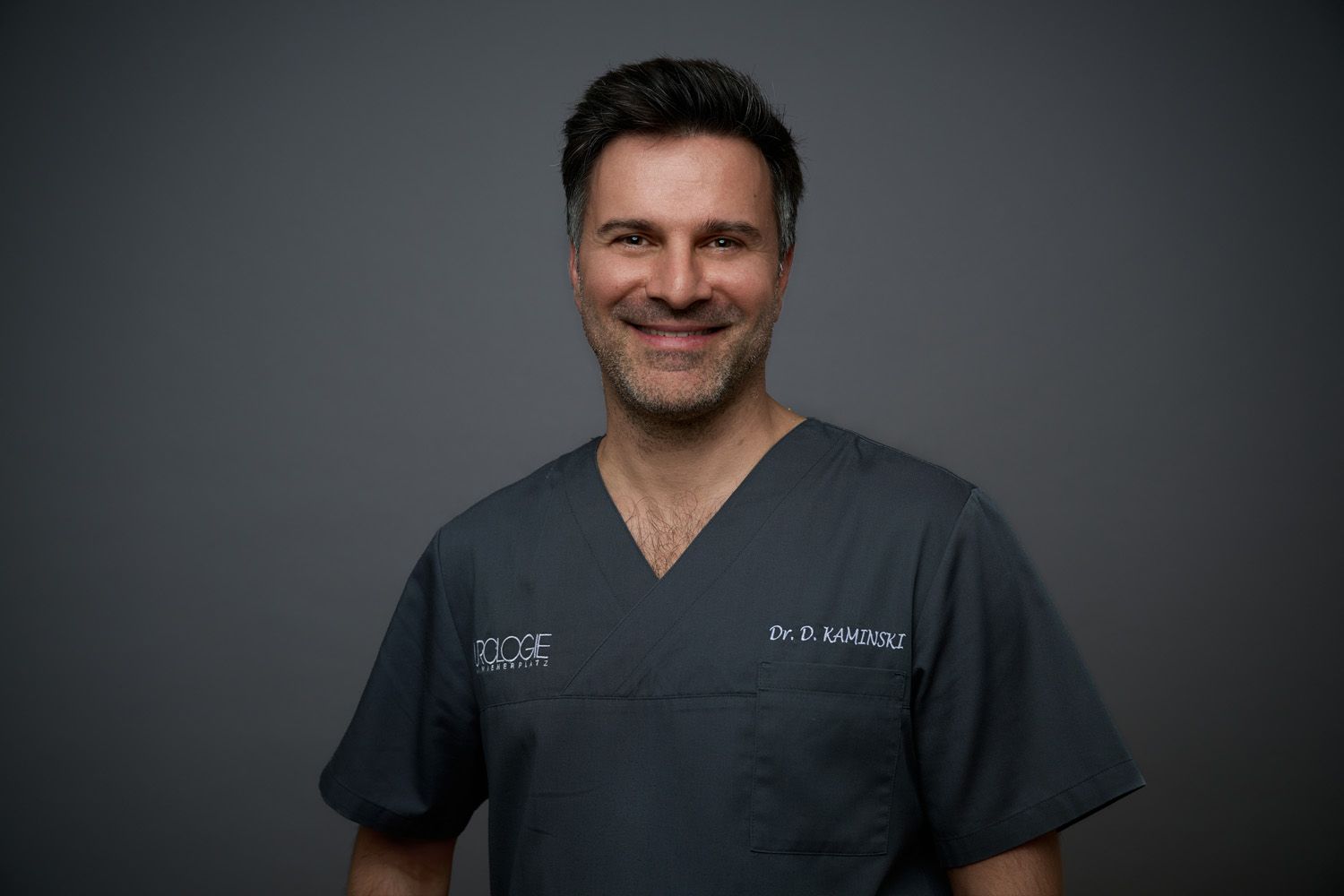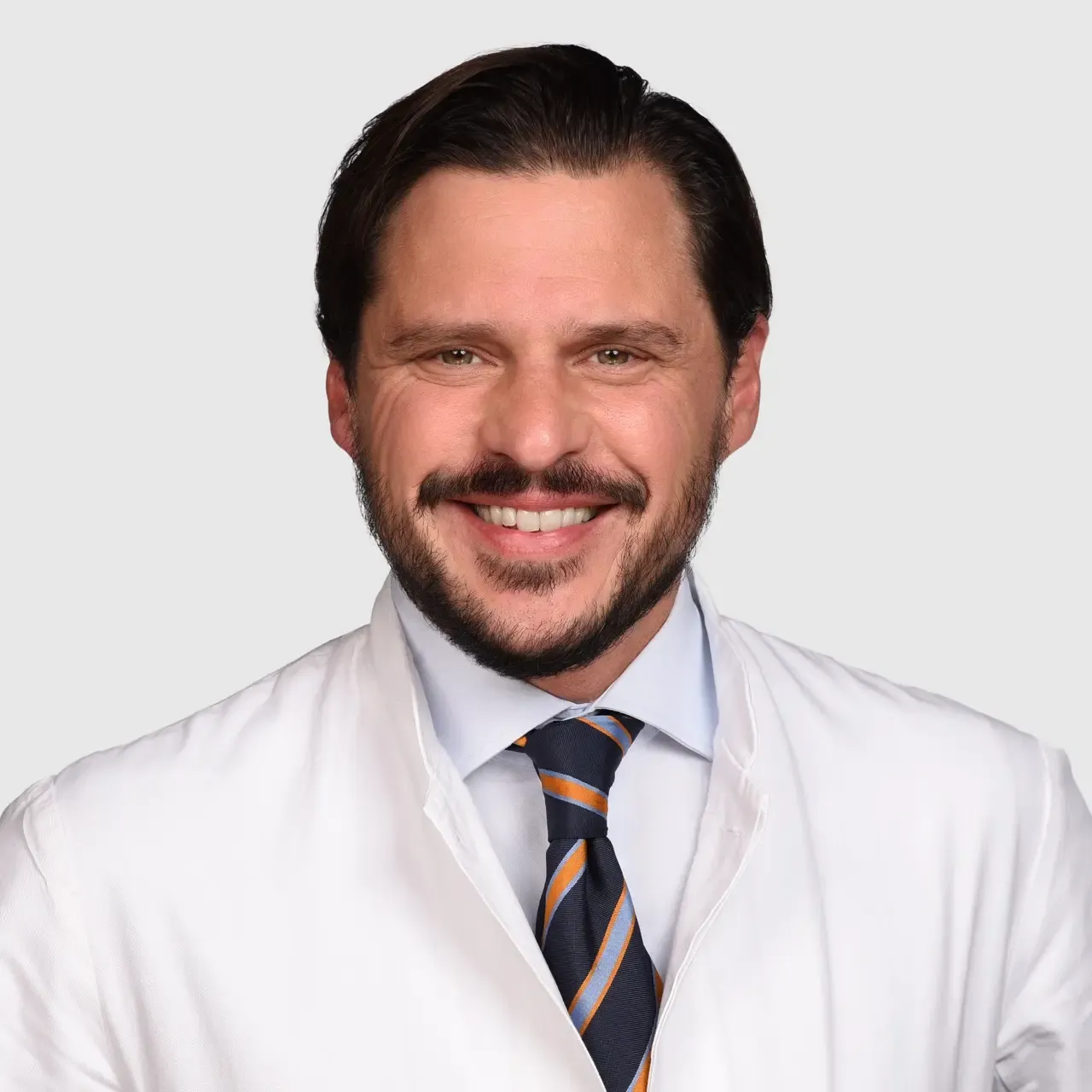
- München & Umgebung
- Modern Abdominal Surgery
Prof. Dr. med. Franz Bader
Allgemein-, Viszeral- und Minimalinvasive Chirurgie Isarklinikum
Services
The hidden champion in the heart of Munich
Amidst the bustling Sonnenstraße, not far from Sendlinger-Tor-Platz, stands an imposing brick building in neo-Gothic style: the Bürkleinbau. Built in the 1850s as a "women's maternity hospital", it belonged to the university women's clinic until the beginning of the last century. In the 1920s, the building was renovated and subsequently served as a postal check office. Since 2008, the listed building has once again been used for medical purposes, so to speak "back to the roots", and forms the center of the Isarklinikum.
On the ground floor of the building, symposiums, congresses, or events take place, while on the upper floors there are spacious outpatient rooms of various specialties. The building is framed by several side and rear buildings, in which the Isarklinikum offers a wide range of specialized departments: general, visceral and minimally invasive surgery, anesthesia and intensive care medicine, gastroenterology, vascular surgery, cardiology, orthopedics, plastic and reconstructive surgery, urology, spinal surgery as well as gynecology with the Bavarian Pelvic Floor Center.
In addition, there is an intensive care unit, a radiology department with several CTs and MRIs, a radiotherapy and nuclear medicine department including PET-CT. Thus, the Isarklinikum offers a highly specialized unit, comparable to a small-scale university hospital. In addition, a large medical care center (MVZ) with various outpatient clinics is integrated into the clinic, which allows for a close integration of outpatient and inpatient medicine.
"Our vision was to approach medicine differently - with short distances, interdisciplinary interlinking, and the patient with their needs at the center. And indeed for everyone, not just for private patients," explains the medical director Prof. Dr. Franz Bader. "In addition, we can optimally link outpatient and inpatient care in our modern structure," adds Bader. Thus, a pioneering platform for modern medicine at the highest level was created, both for those with statutory and private insurance.
"It is not enough to think you are practicing good medicine; it must also reach the patient."
Prof. Dr. med. Franz Bader
The concept of the clinic is based on three pillars: The first pillar is excellent care, because, as Bader knows, this is the first thing patients notice. This includes a high number of competent nursing staff who can focus solely on their core task: caring for patients. All other activities, which are usually "taken care of" as well, are covered by trained service personnel, thus enabling a special degree of attention and care.
The second pillar is the high standard: Rooms and service have a hotel character. The largest rooms are 80 to 100 square meters in size; in addition, there is a 200 square meter roof terrace that offers a magnificent view over Munich and the Alps. In the light-flooded rooms, light wood dominates the floor and partially the walls, complemented by armchairs and seating in modern design. The rooms have a minibar, and in the bathrooms, you will find 'hotel-like' bathrobes and amenity kits. The food, ordered à la carte or via tablet, is also served stylishly with a silver cloche - even cloth napkins are provided. And one more thing stands out: there is no hospital smell anywhere - a concern of the founder Prof. Dr. Eckard Alt, who commissioned cleaning agents that do not smell "clinical".
The third pillar is medical excellence, supported by highly qualified and carefully selected doctors who bring the same mindset both professionally and personally. This created an atmosphere of appreciation - for Bader, one of the secrets of success of the Isarklinikum.
What can the robot do better than humans?
Prof. Dr. Franz Bader's main field of activity is oncological surgery of the stomach, pancreas, liver, and especially colon and rectum - areas in which he had already specialized during his previous positions, including in the USA, at the Karolinska Institutet in Stockholm, at the University Hospital in Lübeck, and at the Klinikum rechts der Isar Munich (TUM). His focus is on modern abdominal surgery, i.e., minimally invasive or robotic surgery - a method in which the Isarklinikum is a pioneer and holds a leading role. The first rectal cancer in Bavaria was operated on with robotic assistance here.
What can the robot do better than humans? "First, one must define what a surgical robot is: It is a so-called master-slave system or telemanipulator - which means the surgeon controls the machine, and it does not perform the surgery independently," Bader explains. But it enables even more precise work since it filters out even the smallest, normal human tremors. And because the robot arms (or instruments) are so fine and maneuverable, they can enter the tightest spaces and operate in all directions - similar to the human hand. "Almost as if the surgeon were on-site in miniature form," says Bader.
The modern optics also make important structures such as nerves and blood vessels more visible - allowing for even more precise and tissue-preserving surgery. This has enormous benefits for patients: small incisions, less collateral damage, less strain on the body, and faster healing. "Previously, one stayed in the hospital for up to 3 weeks after a colon cancer operation. With minimally invasive surgery, we reduced it to about 7 days; with robotics and a special rehabilitation concept, we manage to get it down to 4 days here," explains Prof. Dr. Bader.
"A robot does not turn a bad surgeon into a good one, but rather makes it easier for a good surgeon to become even better."
Prof. Dr. med. Franz Bader
In doing so, the Isarklinikum relies on the ERAS program, for which it is certified as one of the first clinics in all of Germany. The acronym stands for "Enhanced Recovery After Surgery," which means that rehabilitation starts even before the operation so that patients can approach this challenge as fit as possible," Bader explains. This includes, for example, compensating for any deficiencies with electrolytes, amino acids, and vitamins beforehand or, for instance, undergoing smoking cessation.
Even shortly before the operation, physical stress is minimized: At the Isar Clinic, you can eat up to six hours before the operation and drink up to two hours before it. Bowel evacuation is generally no longer necessary for patients before the operation. After the operation, patients are mobilized by specially trained staff – so-called ERAS nurses. Even after major procedures, a joint walk in the ward is the norm. As early as the first day after the operation, patients – in their own clothes – spend several hours outside the bed. Overall, everything is done interdepartmentally around the operation to support recovery and enable early discharge.
The Isar Clinic offers a mosaic of possibilities that correspond to Bader's credo: "It's not enough to provide good medicine, it must also reach the patient."









